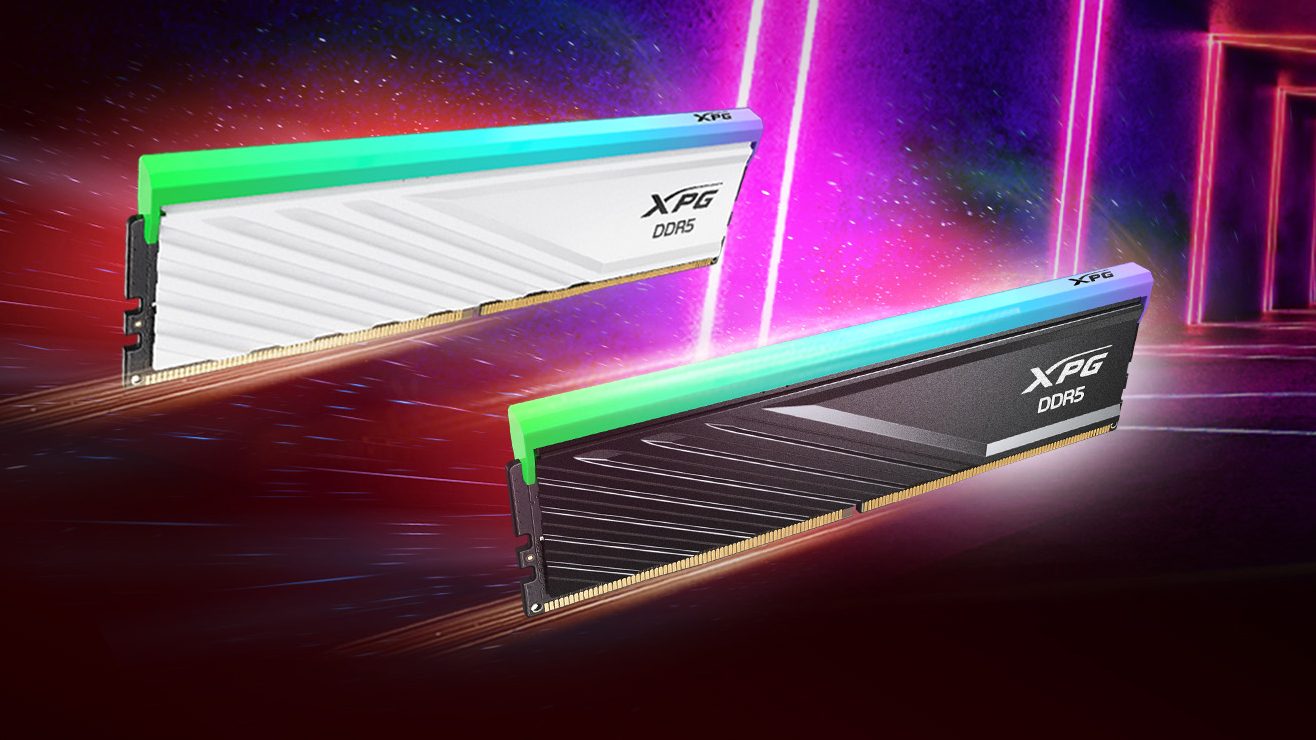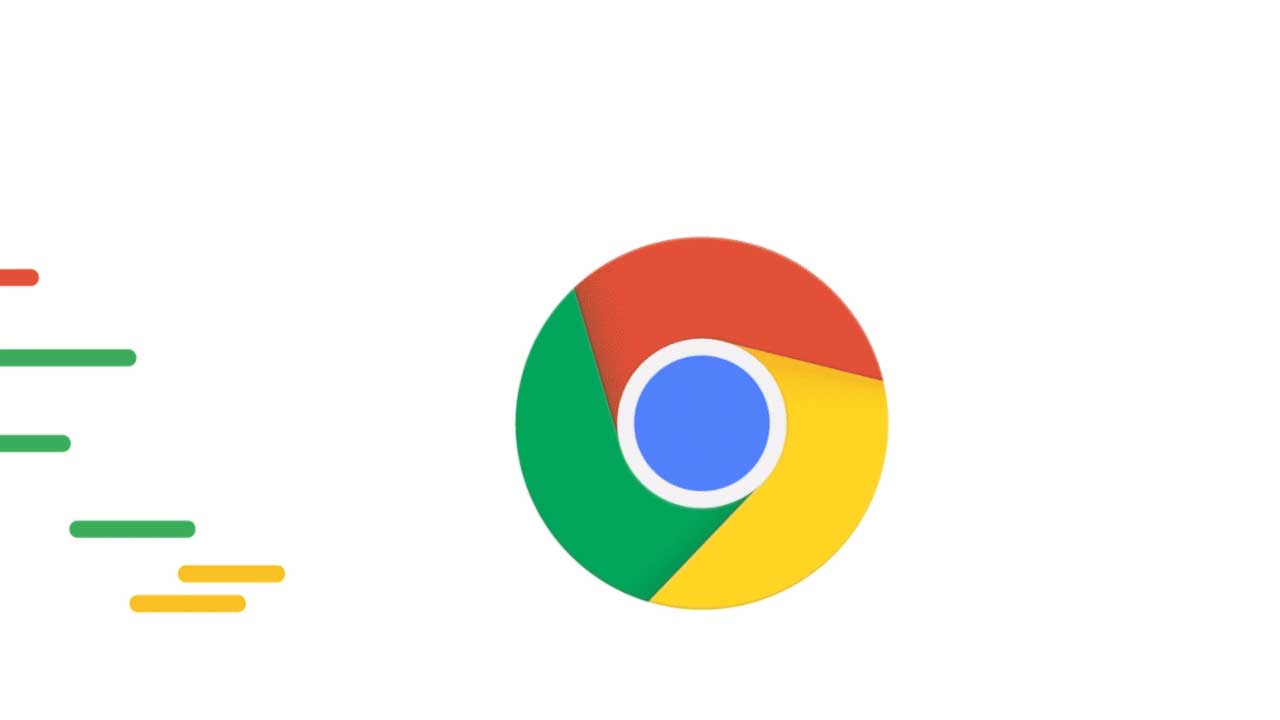Some of T-Mobile’s claims about network prowess due to its merger with Sprint are OK in the eyes of the National Advertising Division (NAD), but the organization recommended T-Mobile modify other claims that made it sound as if certain benefits were imminent for most customers.
Responding to claims challenged by Verizon, the NAD, which is part of the BBB National Programs, determined that T-Mobile provided a reasonable basis for its future-based aspirational claims about building America’s largest 5G network and saying that T-Mobile’s 5G network will have “more towers, more engineers, and more coverage” than the 5G networks of T-Mobile’s rivals.
The NAD also said there was a reasonable basis for the claim that “T-Mobile will build America’s largest … 5G network.” But promises about getting the “best 5G network” and the “most reliable network” were due for modifications, according to the NAD. The same applies to T-Mobile claiming it’s “building a 5G network that will deliver unprecedented . . . reliability, and the highest capacity in history.”
The reasoning by NAD seemed to revolve around present-tense messaging versus the “aspirational future benefits” of the claims.
Here’s an excerpt from NAD about the decision: “NAD concluded … that claims about the benefits of the Sprint-T-Mobile merger together with the combination of imagery depicting magenta and yellow beams rapidly shooting from tower to tower, speeding through server rooms across cities and over vast landscapes, engineers installing technology upgrades, and consumers using their smartphones or teleconferencing, reasonably convey the unsupported message that the touted benefits of the merger will be imminently realized by consumers.”
RELATED: Verizon vs. T-Mobile: NAD issues mixed ruling on advertising claims
With respect to at least certain metrics, the benefits from the merger may not be “imminent,” NAD noted. Interestingly, Verizon apparently didn’t challenge T-Mobile’s claims about offering “the best prices.” T-Mobile traditionally has offered lower prices and now says it can offer the best value by also touting a great network.
NAD concluded that T-Mobile “provided a reasonable basis for its future-facing aspiration claims that T-Mobile ‘will build America’s largest … 5G network,’ ‘with more towers, more engineers and more coverage,’ ‘[w]e’re building a 5G network that will deliver unprecedented reach … ’ than the 5G networks of T-Mobile’s competitors,” and that the evidence and arguments provided by Verizon were insufficient to warrant a different determination.
With respect to T-Mobile’s claims that as a result of the merger “you’ll get the BEST 5G Network,” NAD ruled that consumers could reasonably interpret these claims to mean that due to the recent merger, T-Mobile is imminently poised to become, comparatively speaking, the “Best Network,” or that this “Best Network” will be imminently available to the vast number of T-Mobile customers, or will soon provide “the most reliable 5G network.” NAD recommended that the challenged advertising be changed to avoid conveying such messages.
T-Mobile informed NAD that it “supports the self-regulatory process and will comply with NAD’s recommendations.”
The “un-carrier” last week announced that it had nearly doubled the number of markets covered by mid-band 5G, now reaching 408 cities and towns with 2.5 GHz. The company, which reports third-quarter results today, is lighting up 1,000 sites per month with 2.5 GHz and plans to cover 100 million people with mid-band 5G by the end of the year.












